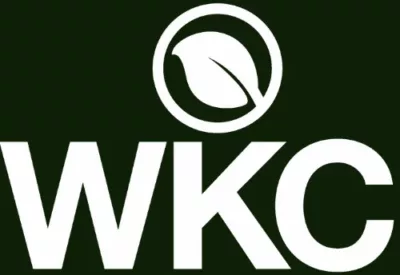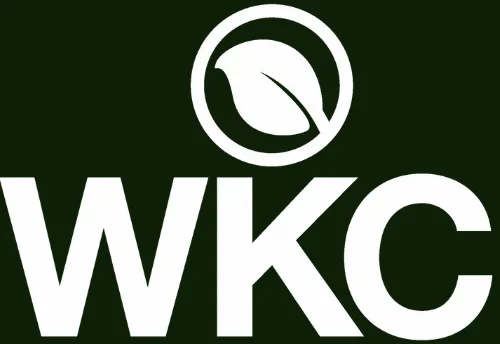Air Quality Self-Help Guide (Part 2) – SAAELIP, SNAEL and NAEIS Reporting in South Africa
Effective management of air quality is a complex process which, at a fundamental level, requires an accurate and up-to-date register of industrial emission sources. In South Africa, the central collation of key data is achieved through Atmospheric Emission Licencing of major industrial processes, operators of which are required to report on emissions annually.
Non-conformance with these reporting requirements can lead to fines, suspension of site activities and potentially significant reputational impacts. Most industrial facilities in operation, and those which are being planned to operate, need to fully accommodate reporting obligations related to air quality in South Africa, while ensuring that the reported values are scientifically defensible.
WKC Group’s air quality team has initiated a series of ‘self-help’ guides to support industrial operators, government Environmental Protection Officers, and Environmental Impact Assessment consultants to interpret, in a systematic way, the implications of air pollution regulations and associated reporting requirements.
In this series of short articles, WKC’s air quality specialists highlight the key regulations applicable to air quality management in South Africa. We explain the legislative requirements, provide insight into their applicability, and highlight any reporting obligations that may arise.
This second installment explains how the NAEIS and SAAEILP online systems are used to manage both licences and national emission inventory reports. We also provide guidance on how to ensure that submissions fully address legal requirements.
What is SAAELIP?
The South African Atmospheric Emission Licensing and Inventory Portal (SAAELIP) is an online system for managing Atmospheric Emissions Licences (AELs) and centrally gathering atmospheric emission inventories. SAAELIP comprises two parts: SNAEL and NAEIS.
What is SNAEL?
The System for National Atmospheric Emission Licensing (SNAEL) provides licensing authorities with the ability to achieve the following:
- Process and issue (provisional) AEL applications online;
- Monitor the status of online licence applications;
- Process licence fees and record payments for each application; and,
- Manage online compliance reporting for licence holders.
SNAEL allows license holders to electronically submit and track AEL applications, submit emission compliance reports and access historical reports.
What is NAEIS?
The National Atmospheric Emission Inventory System (NAEIS) is an online atmospheric emissions reporting system for operators to submit air emission inventories for their facilities. The purpose of NAEIS is to maintain a database containing information about significant sources of atmospheric emissions (including greenhouse gas emissions) in South Africa.
Do I Need to Submit a NAEIS Report?
NAEIS reports1 must be submitted by anyone who undertakes:2
- Activities which require an AEL ;
- Activities declared as controlled emitters3 (these are temporary asphalt plants, small-scale char and small-scale charcoal plants and small boilers);
- Mining activities; and,
- Facilities generating criteria pollutants (identified within certain jurisdictions in accordance with applicable and relevant municipal by-laws. Such examples include the City of Johannesburg Metropolitan Municipality Air Pollution Control by-law and the City of Cape Town Air Quality Management by-law)4.
How do I Submit a NAEIS Report?
A NAEIS Report should be submitted in accordance with the following steps:
NAEIS reports must be submitted by 31st March5 on an annual basis. Should operators fail to submit NAEIS applications before this deadline, this is regarded as an offence and such operators could face penalties.
For assistance with your SAAELIP and NAEIS requirements, please contact us at enquiries@wkcgroup.com.
[1] Reporting of emissions to NAEIS is prescribed in the National Atmospheric Emission Reporting Regulation, Gazette Number 38633 of 2015.
[2] As outlined in Section 21 of the National Environmental Management Air Quality Act (NEM: AQA).
[3] As outlined in Section 23 of NEM: AQA.
[4] A municipality may make and administer by-laws for the effective administration of certain matters such as air pollution. Within this context, municipalities may develop by-laws that deal with air pollution. If there is a conflict between a by-law and national or provincial legislation that is inoperative, the by-law must be regarded as valid for as long as that legislation is inoperative.
[5] Where 31 March falls on a Saturday, Sunday or public holiday, that period must be extended to the end of the following day which is not a Saturday, Sunday or public holiday.



